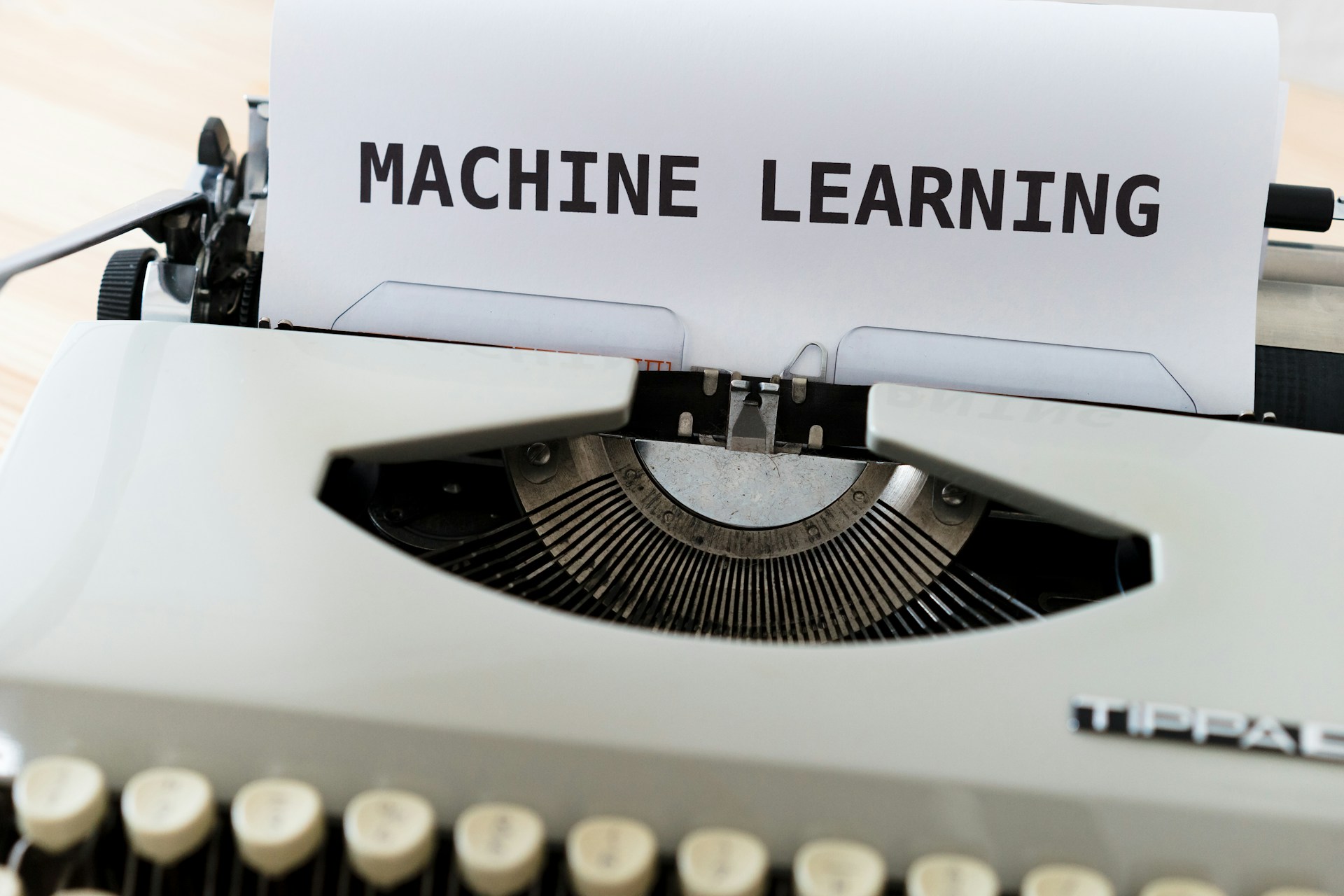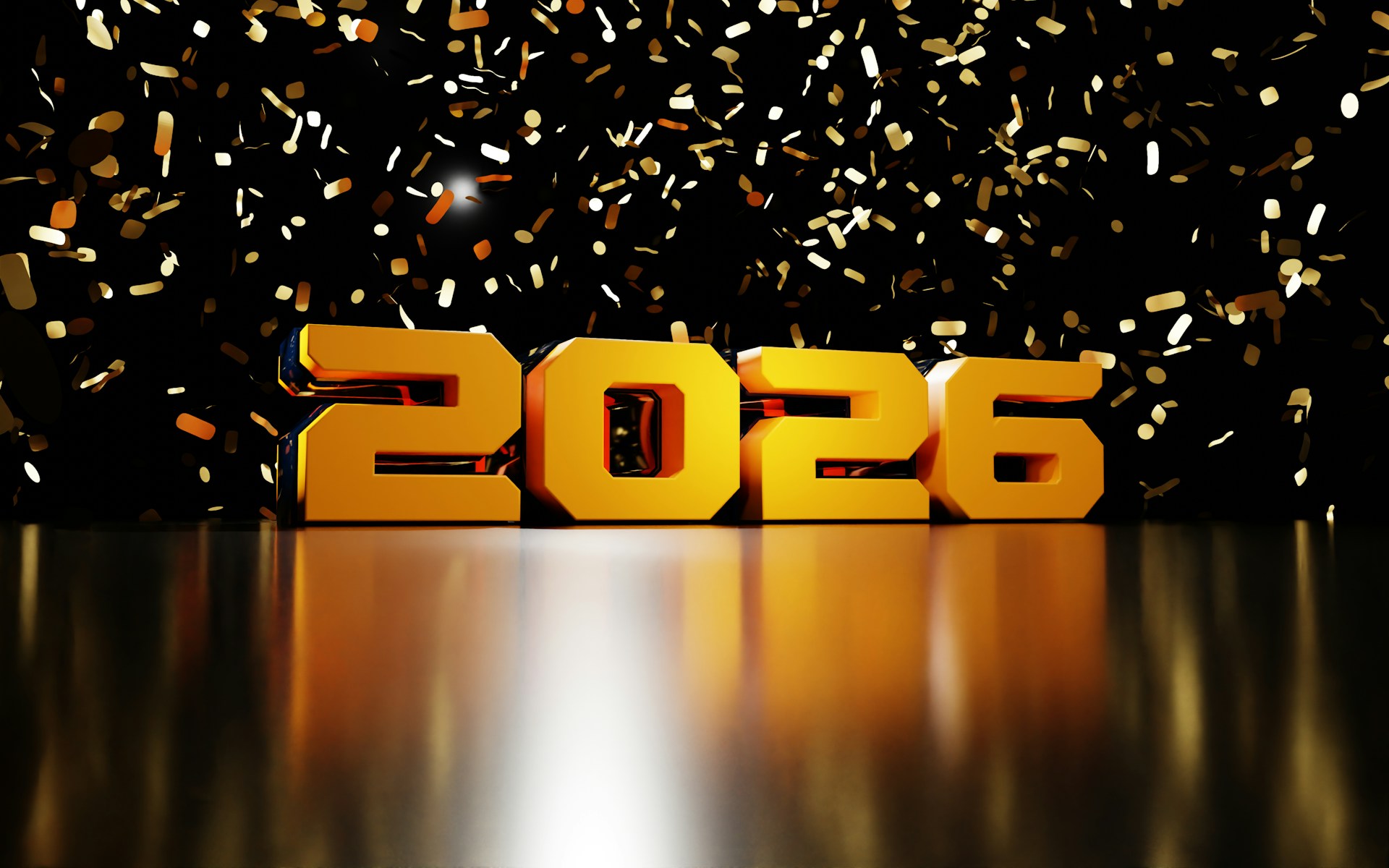The rapid evolution of artificial intelligence (AI) and machine learning (ML) is transforming industries across the board, and human resources (HR) is no exception. Organizations are increasingly leveraging AI-powered tools to optimize talent acquisition, streamline workforce management, and enhance employee engagement. By utilizing machine learning, HR teams can analyze vast amounts of workforce data, predict trends, and make strategic decisions that improve talent retention and organizational growth.
AI is not about replacing HR professionals but rather enhancing their capabilities. By automating repetitive tasks, providing data-driven insights, and personalizing the employee experience, AI is revolutionizing traditional HR functions. The ability to predict employee turnover, identify high-potential candidates, and personalize learning and development plans is turning HR from an administrative function into a strategic powerhouse.
As businesses navigate the challenges of talent shortages, remote work, and changing employee expectations, AI-powered HR solutions are becoming indispensable. This post explores how machine learning is optimizing talent management, the benefits and challenges of AI-driven HR transformation, and why organizations must embrace this technology to stay ahead in a competitive talent landscape.
The Role of Machine Learning in HR Transformation
Machine learning, a subset of AI, allows HR teams to leverage vast amounts of employee data to uncover patterns, automate tasks, and generate predictive insights. Unlike traditional HR systems that rely on static data, machine learning algorithms continuously learn and adapt, enabling organizations to make more accurate and proactive workforce decisions.
One of the most significant advantages of machine learning in HR is its ability to analyze unstructured data—such as resumes, performance reviews, employee feedback, and engagement surveys—at a scale and speed that would be impossible for humans to achieve manually. These insights help HR teams make better hiring decisions, personalize employee development plans, and optimize workforce management strategies.
Another critical aspect of AI-driven HR is real-time decision-making. Machine learning models can analyze historical employee data and real-time performance metrics to predict future trends, allowing HR teams to take proactive measures to retain top talent, improve employee satisfaction, and enhance productivity.
By integrating AI into HR processes, companies can move from reactive workforce management to a data-driven, strategic approach that fosters a high-performing and engaged workforce.
Optimizing Talent Acquisition with AI
The recruitment process is one of the most time-consuming and resource-intensive functions of HR. Machine learning is reshaping talent acquisition by automating and optimizing various stages of the hiring process, making it more efficient and data-driven.
One of the key areas where AI is making a significant impact is in resume screening and candidate selection. Traditional hiring methods involve manually reviewing thousands of resumes, which can lead to bias and inefficiencies. AI-powered applicant tracking systems (ATS) use natural language processing (NLP) to analyze resumes, identify key skills, and rank candidates based on their suitability for a role. This speeds up the hiring process and ensures that only the most qualified candidates move forward.
AI is also enhancing the candidate experience. Chatbots and virtual assistants can handle initial candidate inquiries, schedule interviews, and provide real-time updates on application status. These tools create a more seamless hiring experience while freeing up HR teams to focus on strategic initiatives.
Additionally, machine learning can predict candidate success by analyzing historical hiring data and identifying the characteristics of high-performing employees. This predictive analysis helps HR teams select candidates who are most likely to succeed in the organization, reducing turnover and improving long-term employee retention.
Another emerging trend is AI-powered diversity hiring. By removing bias from the recruitment process, AI ensures that hiring decisions are based on skills and experience rather than subjective factors. This leads to a more diverse and inclusive workforce, which is proven to drive innovation and business success.
Enhancing Employee Engagement and Retention with AI
Employee engagement and retention are top priorities for HR teams, and AI is playing a crucial role in keeping employees satisfied and motivated. AI-powered analytics can provide deep insights into employee sentiment, identify potential disengagement risks, and recommend personalized interventions.
One of the most powerful applications of AI in engagement is predictive employee attrition analysis. Machine learning models analyze factors such as job satisfaction scores, performance data, and employee feedback to predict which employees are at risk of leaving. By identifying potential turnover risks early, HR teams can take proactive steps to improve employee satisfaction, offer career growth opportunities, or adjust workloads to prevent burnout.
AI is also transforming performance management. Traditional annual performance reviews are often ineffective, as they rely on outdated data and subjective evaluations. AI-driven performance management systems offer real-time feedback and continuously track employee progress, allowing managers to provide timely and constructive support. This dynamic approach fosters a culture of continuous learning and improvement.
Another critical area where AI is making an impact is personalized learning and development (L&D). AI-driven learning platforms analyze an employee’s skills, career goals, and past training experiences to recommend customized development programs. This ensures that employees receive relevant training that enhances their skills and aligns with organizational goals.
Moreover, AI-powered HR platforms are improving internal mobility by matching employees with career growth opportunities within the company. Instead of losing top talent to external opportunities, organizations can use AI to identify and develop future leaders from within their workforce.
How AI is Reshaping Workforce Planning and Optimization
AI is not only improving talent acquisition and engagement but also playing a pivotal role in workforce planning and optimization. Machine learning algorithms can analyze workforce trends, anticipate skill gaps, and recommend strategic hiring decisions.
For example, AI can help HR teams forecast workforce demand by analyzing historical hiring patterns, project workloads, and industry trends. This enables businesses to plan for talent shortages, hire proactively, and optimize workforce allocation to meet business objectives.
Another significant advantage of AI-driven workforce planning is automating HR administrative tasks. AI-powered tools can manage payroll processing, benefits administration, and compliance tracking, reducing the burden on HR professionals and minimizing human errors.
Additionally, AI is being used to optimize remote and hybrid work strategies. With the rise of remote work, organizations need to ensure that employees remain engaged and productive. AI-driven collaboration tools analyze work patterns and suggest ways to improve team efficiency, streamline communication, and maintain a healthy work-life balance.
AI is also enhancing HR analytics dashboards, providing real-time insights into workforce productivity, employee engagement, and diversity metrics. These insights empower HR leaders to make informed decisions that drive business growth.
Some of the key benefits of AI in workforce planning include:
- Improved workforce productivity through real-time performance tracking and automated task management.
- Enhanced decision-making by leveraging AI-driven data insights to predict trends and optimize HR strategies.
- Cost reduction by automating routine HR processes, minimizing manual errors, and optimizing hiring decisions.
The Challenges of Implementing AI in HR
While AI presents numerous advantages for HR transformation, its adoption is not without challenges. Organizations must navigate data privacy concerns, ethical considerations, and resistance to change.
One of the primary concerns is data security and privacy. AI-powered HR platforms collect vast amounts of employee data, raising concerns about how this information is stored, used, and protected. Companies must ensure compliance with data protection regulations, such as GDPR, to maintain employee trust and avoid legal repercussions.
Another challenge is avoiding algorithmic bias. AI systems are only as good as the data they are trained on. If the training data contains biases, AI algorithms can reinforce discrimination in hiring, promotions, or performance evaluations. To mitigate this risk, HR teams must regularly audit AI models and implement fairness checks.
Resistance to AI adoption is also a common challenge. Employees and HR professionals may be wary of AI replacing human decision-making. To overcome this, organizations should emphasize AI as a tool for augmentation rather than replacement. Providing training on how AI enhances HR functions and ensuring transparency in AI-driven decisions can help build trust and acceptance.
The Future of AI in HR Transformation
The future of AI in HR is bright, with continued advancements in machine learning, natural language processing, and predictive analytics. As AI technology evolves, HR teams will be able to leverage even more sophisticated tools for talent optimization, employee engagement, and workforce planning.
One of the most exciting developments is the integration of conversational AI and virtual HR assistants. AI-powered HR chatbots will provide instant responses to employee inquiries, streamline onboarding, and enhance employee self-service capabilities.
Additionally, AI will continue to play a critical role in skills-based workforce planning, enabling organizations to match employees with emerging job roles based on skill trends and industry needs.
As organizations embrace AI-powered HR transformation, they must strike a balance between automation and human connection. AI should enhance decision-making while preserving the personal, empathetic aspects of HR that build strong workplace cultures.
Empower Your Workforce with Future-Ready Retirement Solutions
While AI is revolutionizing HR strategies and workforce planning, ensuring long-term financial security for employees remains a critical component of an organization’s benefits offering. As companies optimize talent management with AI-driven insights, they should also invest in robust retirement benefits to attract and retain top talent.
At Redii, we specialize in providing international retirement solutions that integrate seamlessly with modern HR systems. Our platform ensures compliance with global pension regulations and offers flexible, portable retirement benefits tailored for an international workforce.
If you’re looking to enhance your HR strategy with AI while providing future-ready retirement solutions, contact Redii today to learn how we can support your global workforce with cutting-edge retirement benefits.




